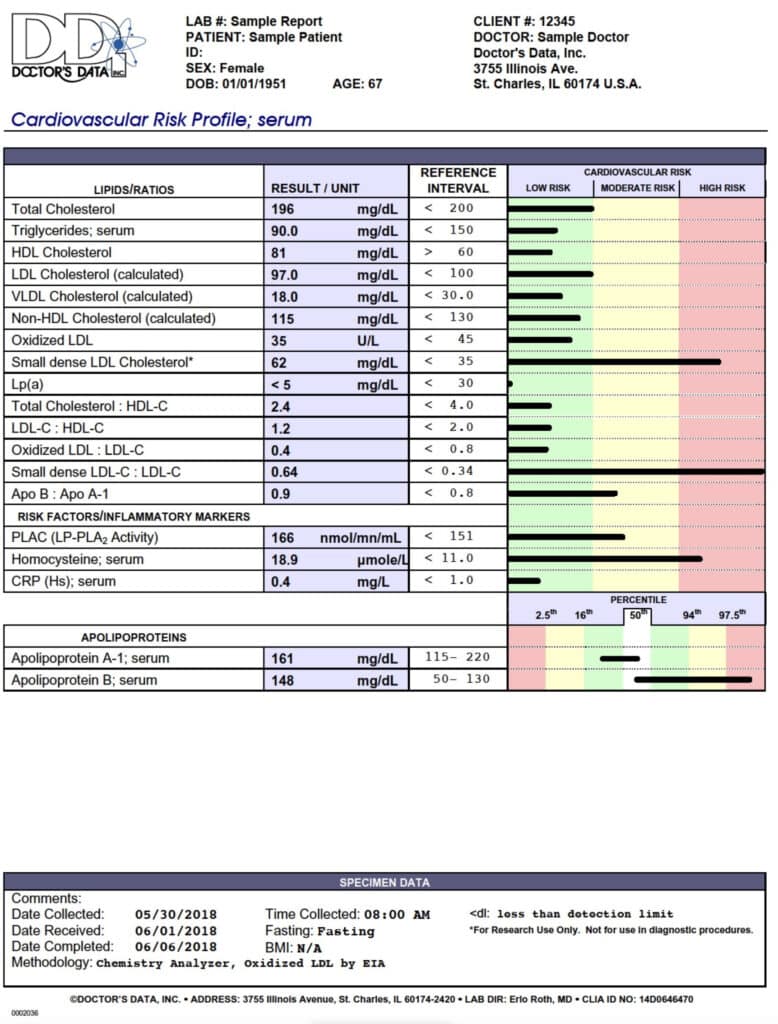Heart disease is the second leading cause of death in Canada after cancer.
Smoking/vaping, alcohol consumption, increasing rates of obesity and diabetes, physical inactivity, and ultra-processed foods are just some of the contributors to the rising rates of heart disease. Genetics does play a role in coronary artery disease, although research shows that healthy lifestyle modifications, especially early on, can help to mitigate those risks.

There are so many things in our daily lives that we can do to help decrease our risk of cardiovascular problems. Lifestyle modifications can go a long way. Incorporate more veggies, fruits and fiber rich foods into your diet while limiting salt, alcohol, and sugary drinks. Move a little more each day, start small and work your way into a healthy exercise routine with cardio and resistance training. Managing stress levels can have a profound effect on heart health. Sleep quality and length is another important modifiable risk factor we can all work on.
Cholesterol testing (total cholesterol, LDL, HDL, and triglycerides) is common practice for medical practitioners to help assess cardiovascular risk. Additional in-depth blood tests can reveal much more about our cardiovascular risk profile. A recent study states that, “While low-density lipoprotein (LDL) particles are much more abundant than lipoprotein(a) [Lp(a)] particles… Lp(a) is associated with about six times the atherogenic risk over LDL, new observational research suggested.” Novel biomarkers can reveal modifiable risk factors and aid in early detection of cardiovascular diseases. See the sample report at the end of the article.
A connection that most people do not link to cardiovascular diseases is the gut microbiome. The balance of good bacteria in the gut help to keep the bad bacteria in check promoting a harmonious equilibrium that helps maintain our health. However, research has shown that an unhealthy balance of our intestinal microbiome can affect hypertension, blood sugar regulation, atherosclerosis, and obesity. Testing and treating the imbalances can be another preventative tool to curb risk factors of cardiovascular disease.
Thorough diagnostic testing, and lifestyle interventions tailored to your personal aptitudes and circumstances can have a dramatic positive impact.
Plan on taking a CPR and First Aid course. These courses offer life saving measures. You never know when you will encounter a situation when someone needs your help.
Sample Report
This is a sample report outlining a patient’s cardiovascular risk profile.

References
https://www.frontiersin.org/articles/10.3389/fcimb.2022.903570/full
